Developmental Language Disorder
Developmental Language Disorder (DLD) is a neurodevelopmental disorder affecting the development of speech, language and communication
Children and young people with DLD may have difficulties in the following areas:
Understanding spoken (and written) language.
Putting their thoughts and feelings into words.
Learning, retaining and using words.
Making and maintaining friendships.
Speaking clearly and coherently.
DLD is very common (research tells us it affects approximately two children in every class) however, it is a hidden disability that is underdiagnosed and many people are unfamiliar with the diagnosis.
In Highland, DLD is diagnosed by a Speech and Language Therapist or can be given following assessment by the Neurodevelopmental Assessment Service.
DLD is lifelong and children will not ‘grow out’ of it. It is important that the adult’s supporting children with DLD are aware of how to adapt their communication (and teaching) so that the child can reach their potential. Speech and Language Therapists can teach strategies to children with DLD and those around them, which aim to reduce the impact of their difficulties.
If you have DLD then you are more likely to have other difficulties, such as persistent literacy difficulties.
If you have language difficulties that are associated with a known condition such as autism spectrum disorder, brain injury, genetic conditions such as Down’s syndrome and sensorineural hearing loss then you can be given the diagnosis of Language Disorder e.g Language Disorder with Learning Difficulties (not Developmental Language Disorder).
Royal College of Speech & Language Therapists 2020
Raising Awareness of DLD Website
RADLD YouTube Channel



